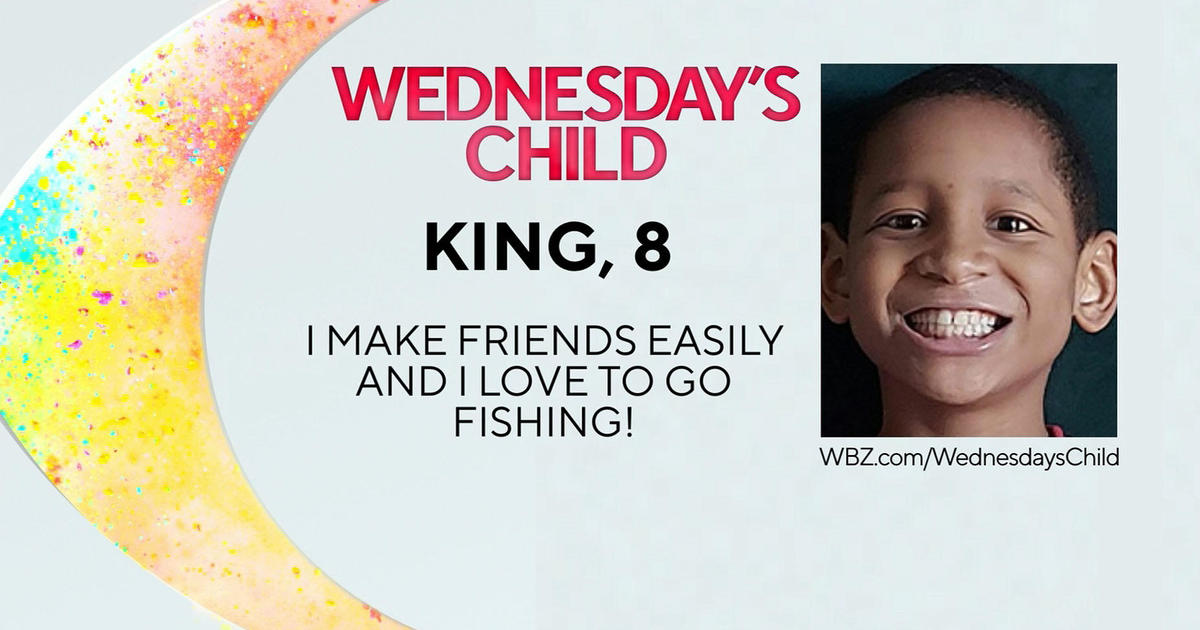Free School Lunch May Be Coming To An End For Millions Of Kids
(CNN) -- Millions of needy children have had an easier time getting free meals at school and over the summer thanks to waivers Congress authorized at the start of the Covid-19 pandemic.
But that nourishment is now at risk. Lawmakers have not yet agreed to extend the waivers past June 30 in the full-year spending package unveiled early Wednesday morning.
Authorized by the US Department of Agriculture, the waivers allow schools to distribute free meals to all students without verifying their families' income. They give districts the flexibility to offer grab-and-go meals for kids who are quarantining or studying remotely or to serve meals in classrooms instead of the cafeteria. And they provide schools with a higher reimbursement rate and more leeway if they can't meet nutritional guidelines because of supply chain or staffing issues.
Around 30 million students now receive free meals at school, according to the USDA, up from about 20 million children who qualified based on their household income prior to the pandemic.
Some of those students now eating free meals are in households that can afford to pay for the breakfast and lunch.
Others, however, are in families that are just above the income threshold but still struggle to put food on the table, said Crystal FitzSimons, director of school programs at the Food Research & Action Center, an anti-hunger group. Also, prior to the pandemic, some children who were eligible for free meals missed out because their parents may not have received, understood or filled out the required forms.
If the waivers are not extended, to qualify for free meals during the upcoming school year, a family of three must earn less than roughly $30,000.
Paying for school meals can be a burden for families. Three-quarters of school districts said that they had unpaid student meal debt, according to a 2019 report from the School Nutrition Association.
"One of the easiest things you can do to make sure that kids have what they need and that they're going to be in class, able to focus and learn and concentrate, is making sure that they have access to a school breakfast and school lunch," FitzSimons said.
Virginia Rep. Bobby Scott, who chairs the House Committee on Education and Labor, is pushing to extend the waivers for another year to give schools and students more time to transition back to pre-pandemic requirements.
"I would rather provide free school meals to students who might otherwise be able to afford it than deny hungry students a school meal just because they did not complete the necessary paperwork," he said.
More kids receive summer meals
The waivers have also had a big impact on providing children with meals over the summer, which typically has much lower participation than in-school meals. More communities can offer free food to all children at summer programs, thanks to the waivers. Parents can pick up multiple meals at a time and can take them home to their kids.
Without the waivers, only communities where at least 50% of children are eligible for free meals can offer food over the summer. The meals must be distributed at an approved location and eaten on site.
Last July, an average of nearly 7.6 million children received a meal each day through the summer program, compared with 3.7 million kids in July 2019, according to the USDA.
The waivers have also made it easier for child care and after-school programs to provide food to their charges, enabling them to distribute free meals to all kids. Also, parents can pick up food if their children can't participate.
Some 35.4 million suppers were served after school to at-risk children last October, compared with 28.3 million in October 2019, according to the USDA.
Feeding kids when schools closed down
Congress gave the USDA the authority to boost school meal reimbursement rates and to waive certain requirements in a coronavirus relief package approved in March 2020 and then again in a federal spending measure that fall. School districts were scrambling to provide millions of children with the meals they would have received had schools not shut down because of the pandemic.
The spending package could allow the waivers to continue for the 2022-2023 school year. Federal government funding expires on Friday at midnight.
But Senate Minority Leader Mitch McConnell is blocking the extension of the waivers, according to a source familiar with the negotiations.
"Instead of continuing the bipartisan tools and flexibilities to help safely provide meals to students during school and over the summer, which could easily be done in the omnibus, Republican leadership has said no and decided that they prefer to let our kids go hungry," said Michigan Sen. Debbie Stabenow, chair of the Senate Agriculture Committee. "This is a disgrace!"
Asked about the extension, a GOP leadership aide said Monday that the waivers initially were designated as "temporary" Covid-19 measures and that the Biden administration did not include the extension in its most recent $22.5 billion request for coronavirus-related assistance. Also, many of the waivers are designed to assist when schools are forced to close, which is no longer a focus.
Also, the aide said, the estimated $11 billion cost of extending the waivers for another school year could be covered using unspent funds in the Covid-19 relief package the Democrats passed last March.
The-CNN-Wire
™ & © 2022 Cable News Network, Inc., a WarnerMedia Company. All rights reserved.



